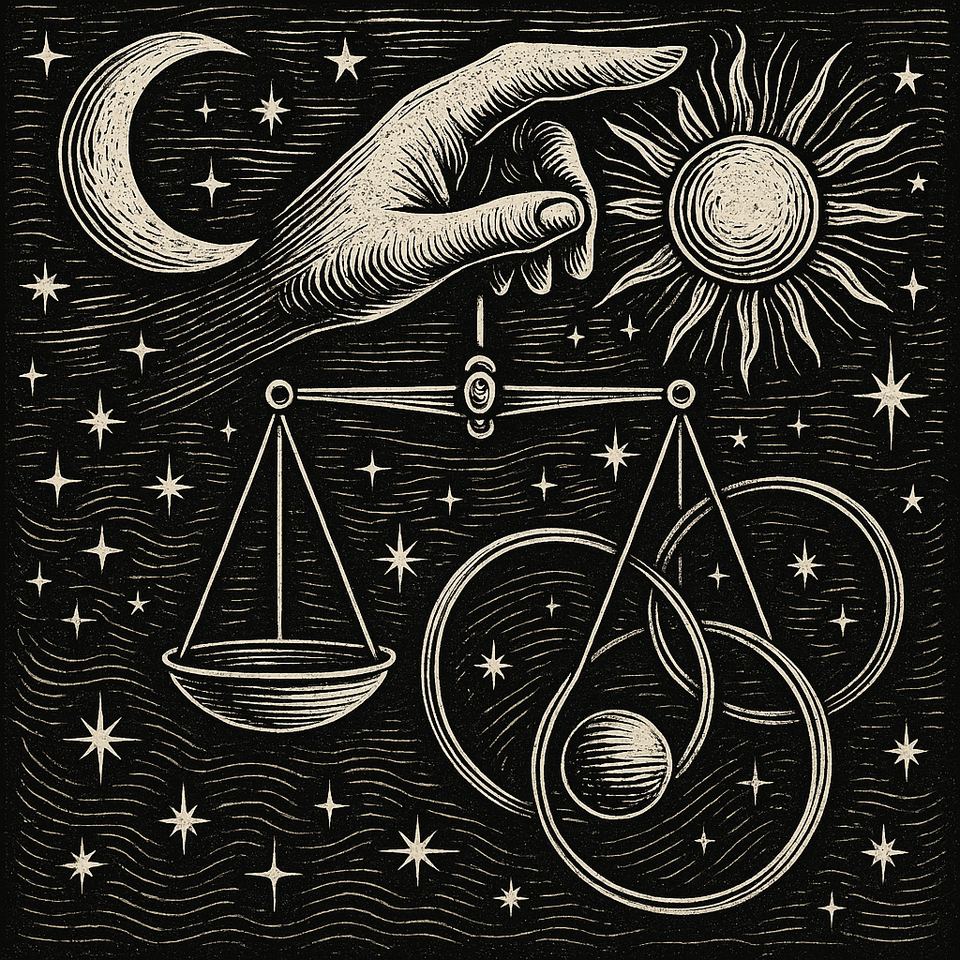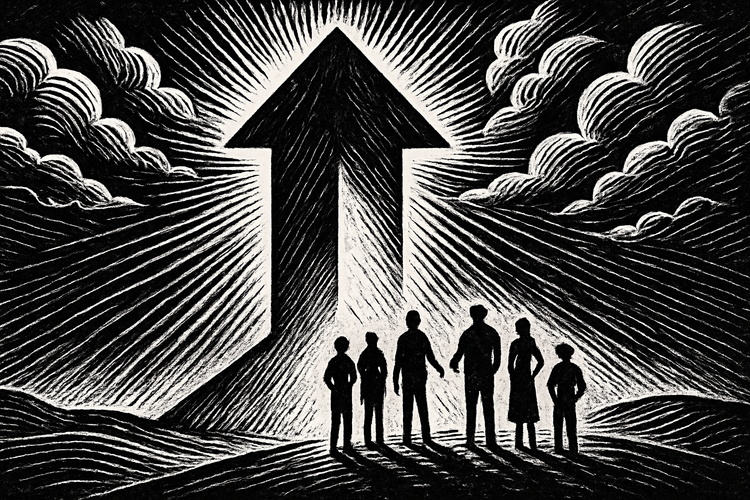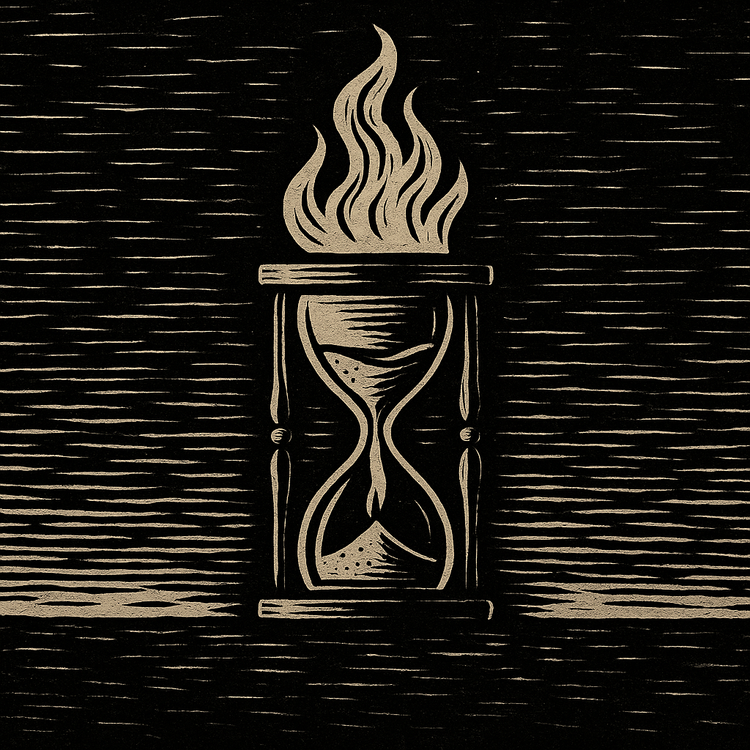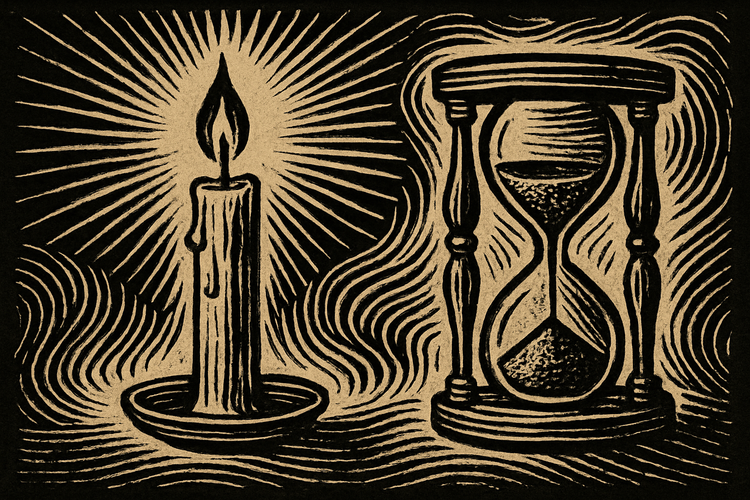The Good Place S2E1 "Everything is Great!"

Spoiler Warning: This reflection contains full spoilers for The Good Place, including retrospective insights and thematic allusions. It assumes familiarity with the entire series and is written from the perspective of a rewatch.
From the moment Michael unveils his “new and improved” neighborhood, there’s a strange inevitability in the air. The demons are sharper, the torments more precisely tailored, and the architecture of deceit more intricate than ever—but the plan collapses faster than before. It’s as if the universe itself refuses to cooperate, tugging Eleanor, Chidi, Tahani, and Jason back toward one another with invisible threads. No matter the memory wipes or the careful rewrites, the four move on some deeper current, drawn together by forces Michael can’t calculate away. The experiment isn’t just failing—it’s being rejected, as though the system has an immune response to his interference.
Michael’s refinements are almost artful in their cruelty. Chidi is trapped in a perpetual crisis of choice, offered multiple soulmates as if indecision itself were a form of suffocation. Tahani is miniaturized—her house, her partner, even her surroundings—until her sense of grandeur has nowhere to breathe. Jason, denied solitude, is forced into constant company, his simple pleasures turned into quiet torture. Every detail is engineered to exploit the deepest fracture lines in their souls. And yet, this precision becomes the flaw: by pushing so hard on their defining traits, Michael awakens the very instincts that lead them back together. Fate doesn’t bend to schematics—it snaps them.
The note is the catalyst, but its power feels disproportionate to its size—three words with the gravity of a planetary alignment. “Find Chidi” is less a message than a cosmic nudge, the kind of intervention that bypasses memory and logic to stir something deeper. Eleanor doesn’t just remember she needs help; she remembers who to seek, as if the universe itself insists on restoring the bond. That she finds him so quickly, in a landscape designed to keep them apart, reads less like coincidence and more like inevitability breaking through Michael’s architecture. The system can wipe minds and rearrange walls, but it can’t quite erase the pull between these four.
The unraveling is swift and almost merciless. Tahani’s meltdown, Jason’s confession to Janet, Eleanor and Chidi’s growing alliance—each small breach widens into a fracture that no amount of demonic improvisation can patch. By the end of the first day, the entire structure is crumbling, not from one fatal blow but from a hundred small inevitabilities pressing in at once. Michael scrambles to hide the failure from Sean, but his desperation only underscores the truth: this isn’t a plan gone wrong, it’s a plan the universe refuses to sustain. And in that refusal, something else emerges: Michael’s frustration mirrors the very torments he inflicts. His own personal hell might be the repeated collapse of something he believes he can perfect—a punishment that is also a lesson.
And so, in the wreckage of his second grand design, Michael resets the board again. Round Three looms—not as a measured refinement, but as a defiant gesture against whatever current keeps sweeping his pieces back into place. It’s hubris, certainly, to believe he can outmaneuver the unseen hand that binds Eleanor, Chidi, Tahani, and Jason. But there’s also a flicker of inevitability here: the sense that Michael, too, is being drawn into the same gravitational field as his human targets. Whether we call it fate, karma, or cosmic balance, the machinery seems intent on pulling all five of them into harmony. The game is no longer just about torture—it’s about the slow, unstoppable re-alignment of every soul on the board.



Comments ()